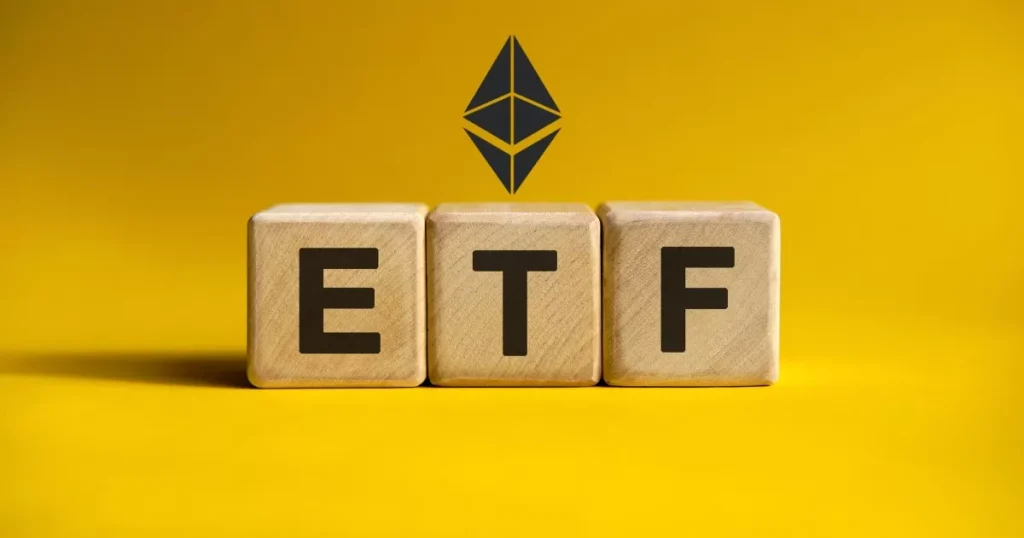For several reasons, JPMorgan claimed in a research paper on Thursday that the demand for spot ether (ETH) exchange-traded funds (ETFs) will be much lower than for bitcoin (BTC).
For the remainder of this year, JPMorgan said it expected spot-ether ETFs to draw as much as $3 billion in net inflows. Should staking be allowed, the figure might reach $6 billion, it claimed.
“Bitcoin had the first mover advantage, maybe saturating the overall demand for crypto assets in response to spot ETF approvals,” analysts headed by Nikolaos Panigirtzoglou wrote.
Following the Securities and Exchange Commission’s (SEC) approval of important regulatory files from applicants last week, ETFs are almost ready for release in the United States. The regulator has to also approve their S-1 forms before that can happen, so they are not yet cleared to trade. Trade in bitcoin ETFs started in January.
Related: Ethereum Inflows Hit $36M After SEC Approval
The paper noted that there is no such future incentive for ether; hence, the bitcoin reward halving in April constituted an extra demand stimulus for spot bitcoin ETFs. Furthermore, less appealing than other platforms that provide staking profits is the unavailability of staking for certified spot ETFs, the bank stated.
Ether, as an application token, “differs from bitcoin in its value proposition for investors, with bitcoin having a broader appeal by competing with gold in portfolio allocations,” the authors said.
“Less liquidity and fewer assets under management (AUM) would make ether’s spot ETFs less appealing to institutional investors than those of its bigger rival“, the bank said.
Since speculative investors who purchased the Grayscale Ethereum Trust in anticipation of it being converted to an ETF are likely to take profit, the market’s initial reaction to the launch of spot ether ETFs is most certainly negative. According to the study, ETHE could observe $1 billion of outflows, which would lower ether prices from the top down.


